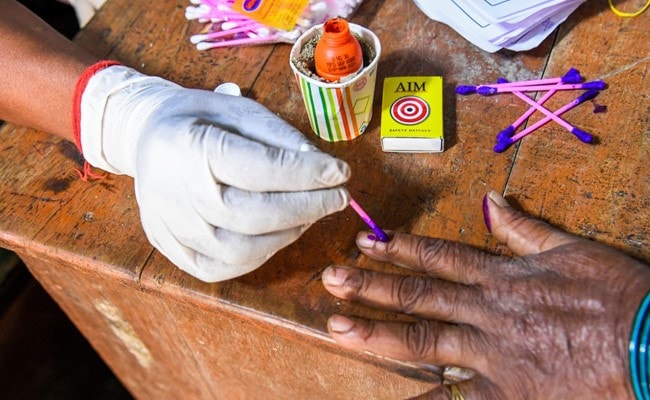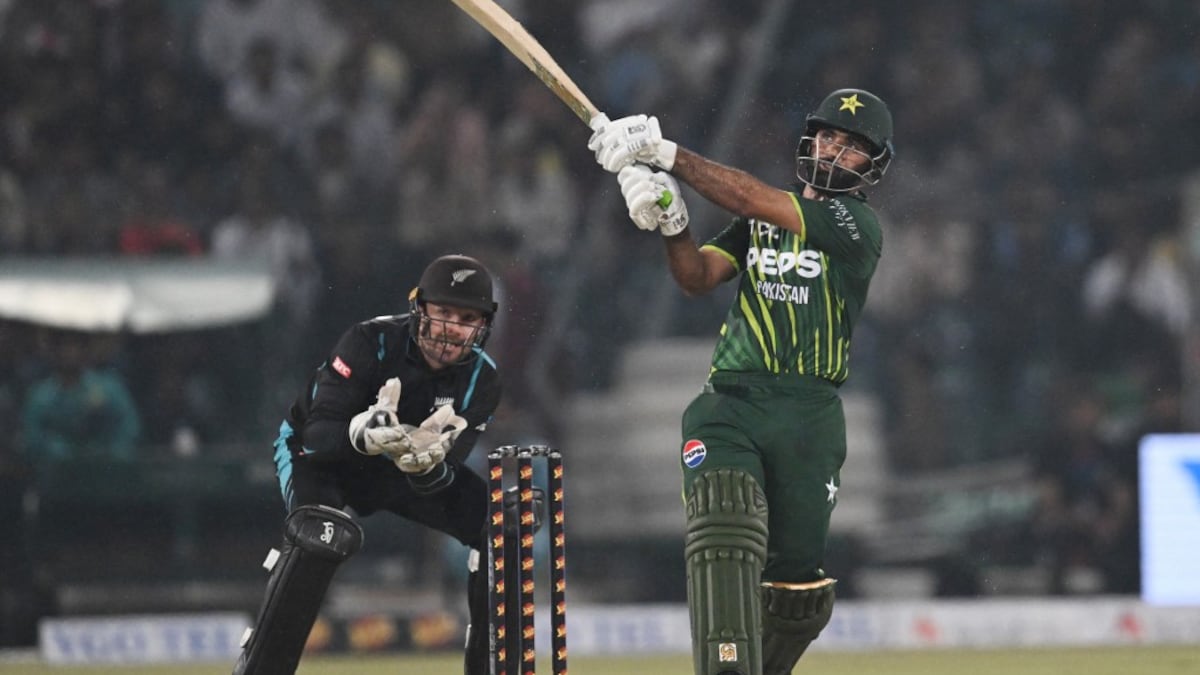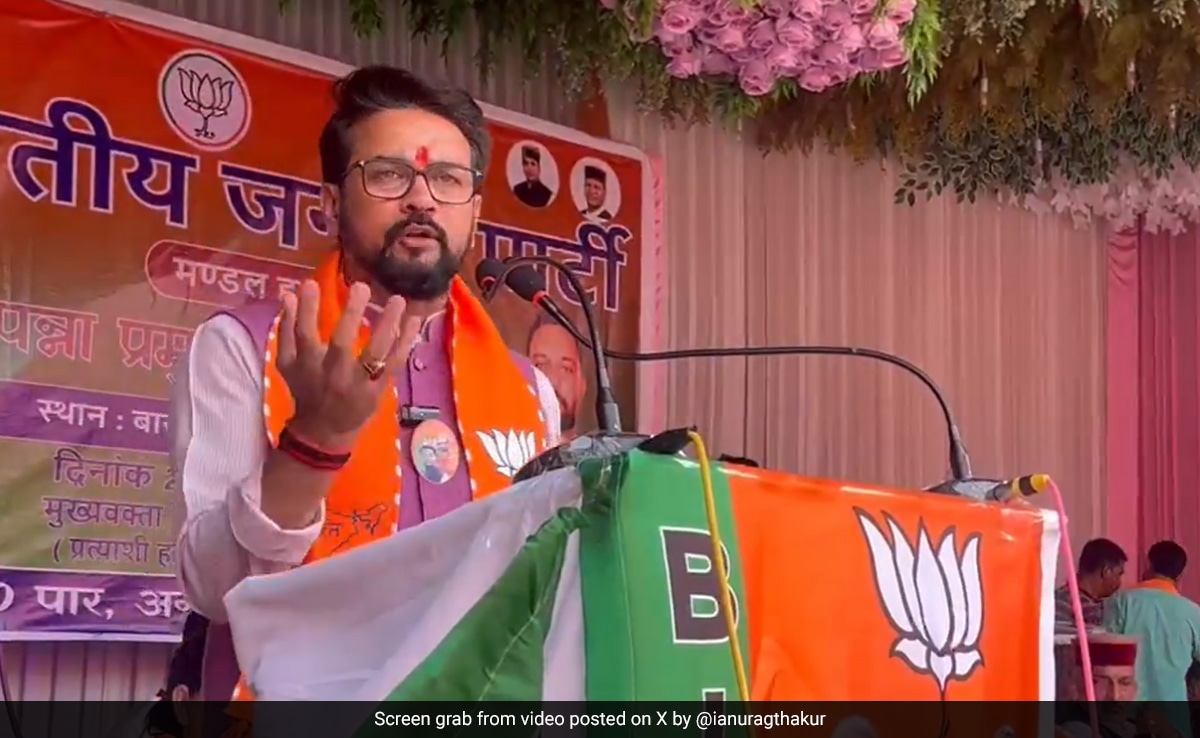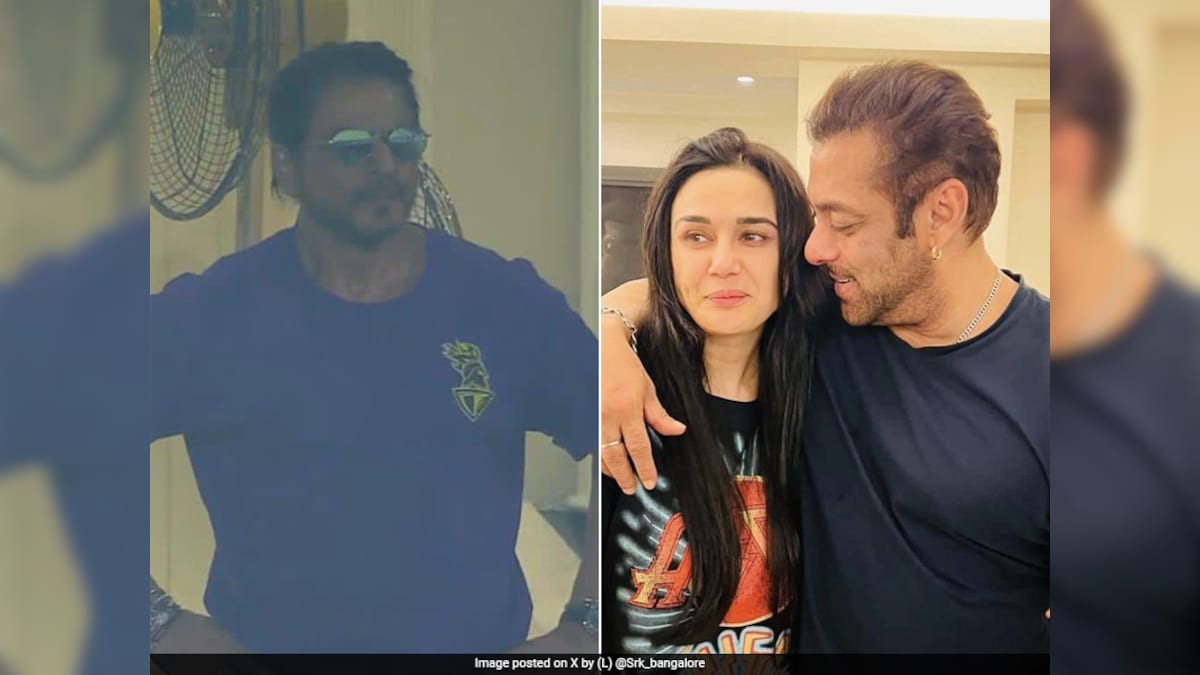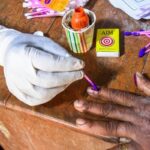
“The world needs connectivity, not decoupling,” Liu Jianchao, a senior diplomat who is widely tipped to be China’s next foreign minister, said during a four-day visit to Singapore.
Liu He, the head of the Communist Party of China’s International Affairs Department, met with Prime Minister Lee Hsien Loong and the country’s incoming leader, Deputy Prime Minister Lawrence Wong, in the city-state.
Speaking at the Future China Dialogue on Wednesday, Liu He warned that in the current context of multiple global conflicts, “civilizations need contact, not conflict,” local media reported.
When discussing Washington’s relationship with Beijing, Liu He said that “the United States has not given up its policy of suppressing and containing China.”
Many China watchers have been predicting that Liu He would replace Foreign Minister Wang Yi as Beijing’s next top diplomat. Most expected this to happen during China’s highest-level political meetings (two sessions) earlier this month, but no announcements or changes were made. In June last year, Qin was suddenly dismissed less than a year after taking office, and Wang Yi was reappointed as foreign minister.
Liu heads the Communist Party department responsible for relations with foreign parties. He takes office in 2022 and has embarked on a number of high-profile events, including a meeting with U.S. Secretary of State Antony Blinken in January.
His four-day visit to Singapore marks a return to familiar territory for the veteran diplomat.
“Liu has served in several ambassadorial posts in Southeast Asia, including the Philippines and Indonesia. He is very comfortable with the region,” said Joseph Liow, a political scientist at Nanyang Technological University in Singapore.
Relations between China and Singapore continue to strengthen, with the two countries upgrading their bilateral ties in a joint statement last April calling for greater trade, investment and commercial cooperation.
Foreign Minister Wang Yi also visited the city-state last August, followed by Singapore’s Deputy Prime Minister Wong in December on a four-day trip to Beijing and Tianjin.
During that visit, the two countries announced a 30-day visa exemption for each other’s citizens.
“Singapore’s relationship with China is really in a very good place,” said Dylan Loh, an expert on Chinese foreign policy at Nanyang Technological University.
“With the implementation of mutual visa exemption, people, ideas and capital flow more frequently, which may promote business development and increase exchanges between people,” Lu told VOA.
Singapore’s Ministry of Foreign Affairs said Liu He and Lee Kuan Yew “reaffirmed their joint commitment to continue to expand cooperation in traditional areas such as trade and investment.”
The two also discussed the importance of “working together to promote regional economic integration,” the ministry added.
“Singapore has a strong diplomatic partnership with Beijing and is seen as a trusted regional interlocutor,” said Hunter Marston, a Southeast Asian studies researcher at the Australian National University.
While relations between the two countries appear to be flourishing, there have been a number of recent incidents involving China and Chinese funds in Singapore.
In late February, a Hong Kong-born businessman with close ties to China became the first person to be designated a “politically exposed person” under Singapore’s new foreign interference laws.
In recent years, Singapore has also seen a massive influx of Chinese capital and companies, with political stability and business-friendly policies attracting investment.
But last August, authorities uncovered the largest money laundering case in the country’s history, with local media reporting that more than $2.2 billion in assets had been seized or frozen.
Singapore’s “Straits Times” reported that the 10 men arrested in the case were all from Fujian Province in eastern China.
While these incidents are high-profile, Liow believes they will have little impact on talks between Liu He and Singapore’s leaders.
“Countries will have differences, but it is important that they work to find common ground to promote deeper cooperation.
“Singapore is a very open economy,” he added. “So the issue of Chinese money, or money from any other country, flowing into Singapore is not particularly surprising.”
Liu He’s visit to Singapore comes amid rising tensions between China and the Philippines. South China Sea territorial disputes.
On Monday, the Philippines summoned Beijing’s envoy to Manila over alleged “acts of aggression” in disputed waters. Previously, a collision between a Philippine-flagged ship and a Chinese Coast Guard ship occurred in early March.
Singapore’s Ministry of Foreign Affairs said that during Liu He’s meeting with Singapore’s Foreign Minister Vivian Balakrishnan, the two “exchanged views on ASEAN-China relations and other regional and international developments.”
“It is very important for Singapore that the various claimant countries [in the South China Sea] “Both sides should exercise restraint and not allow differences to escalate tensions,” Liow Tiong Lai said.
Follow us on Google news ,Twitter , and Join Whatsapp Group of thelocalreport.in
